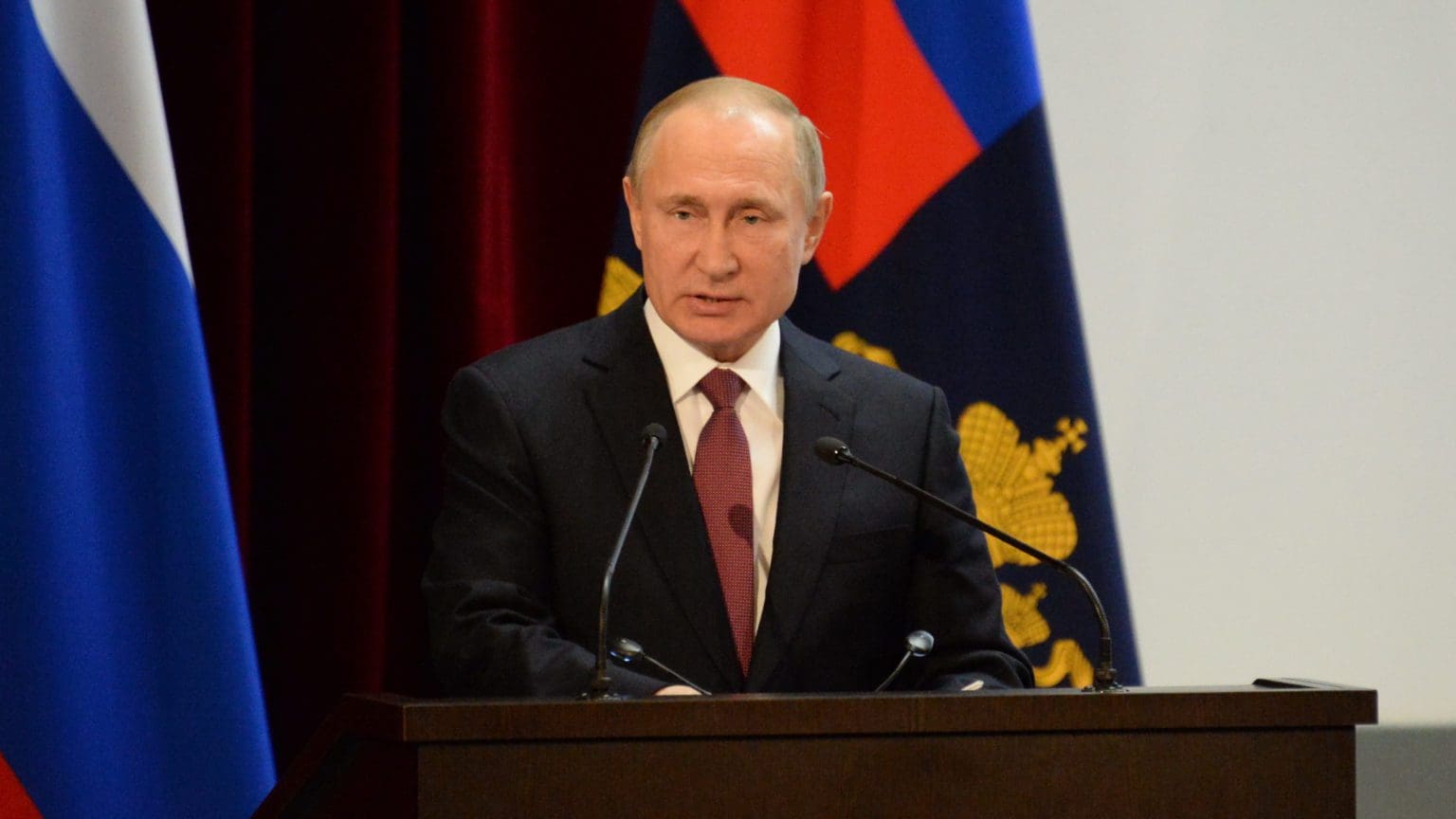A couple of days ago the International Criminal Court has issued an arrest warrant against President Putin in relation to crimes committed by the Russian Federation in Ukraine since the invasion of the country. The allegations link the President as well as the Commissioner for Children’s Rights Maria Lvova-Belova to the forced deportation of minors from Ukraine to Russia. Kyiv is investigating 16,000 such cases. Since the decision was made by the ICC, EU High Representative for Foreign Affairs and Security Policy Josep Borrell issued a statement acknowledging the arrest warrant, describing it as the first step towards holding Russian leaders accountable for the crimes committed on the territories of Ukraine. The EU as a whole, however, did not comment on the decision. Soon, the international media put the blame on Hungary for allegedly vetoing a joint EU statement on the warrant.
Hungary Rejects the Accusation
Shortly after the allegations were made against Hungary, Budapest denied the veto. Hungarian Foreign Affairs Ministry spokesman Máté Paczolay said: ‘It is a lie that Hungary vetoed the EU statement on the ICC case’. ‘Hungary has taken note of the ICC decision and does not wish to comment on it in any way. However, if the High Representative or any member state wishes to issue a statement, Hungary will not object to it,’ the spokesman said. In accordance with Budapest’s announcement, a joint statement by most EU justice ministers on the warrant was recently released, but without Budapest appearing as a signatory. In other words, ministers of EU member states did jointly sign a document in relation to the warrant, Hungary merely did not wish to join such declaration. Hungary also committed itself not to oppose any declaration on the matter by EU member states or the High Representative.
Budapest’s decision not to comment on the arrest warrant can be explained by the government’s commitment to advocate for peace talks. The explicit aim of the warrant was to further isolate the Russian President, making all who negotiate with the wanted politician a target of international criticism. Such isolation and the demonisation of maintaining relations with Moscow do not further the cause of peace, however. Since the warrant was issued, travelling to ICC signatory states has become even more complicated for the Russian President, severing opportunities for peace talks. As ICC member states are now obliged to arrest the President in case he visits their countries, the warrant also shifted the location of possible future peace talks away from Europe. Despite the nominal obligation imposed on ICC countries, it is not yet possible to tell whether, for instance, BRICS member states will act on the warrant in August when summits are scheduled to take place.








